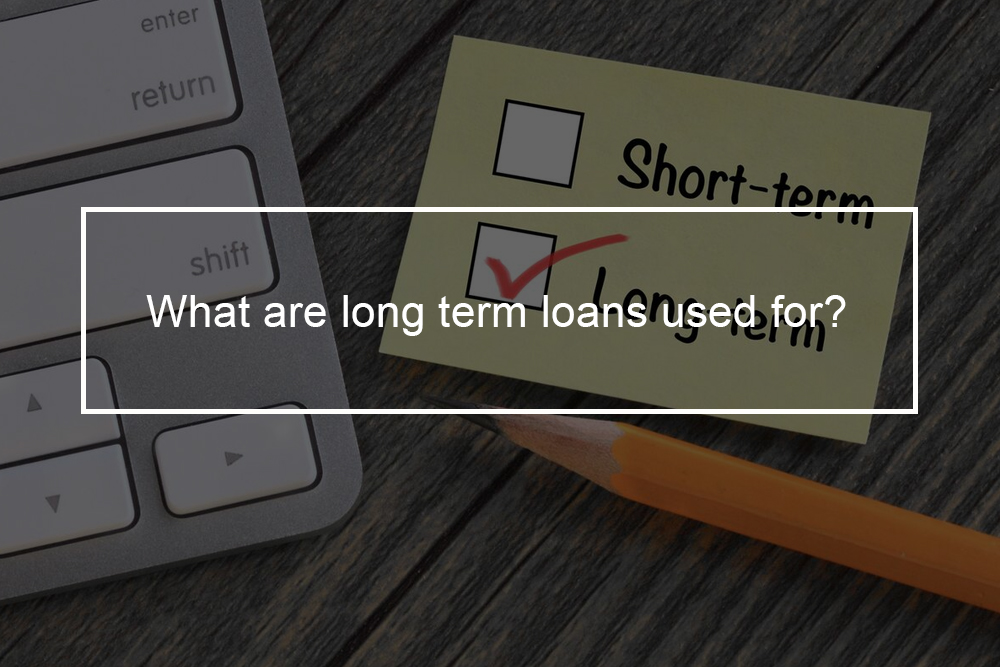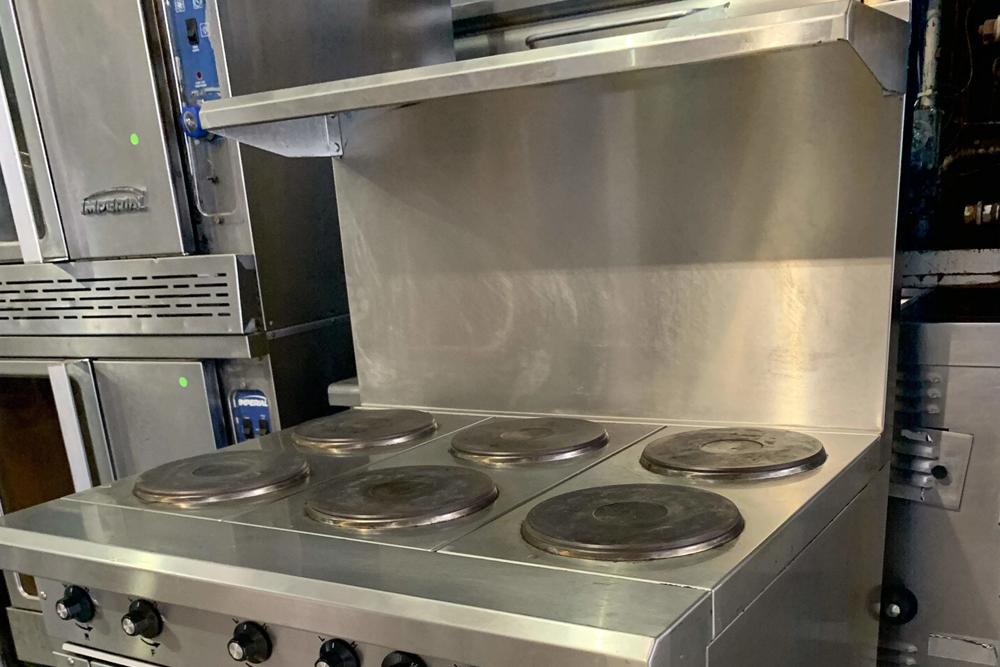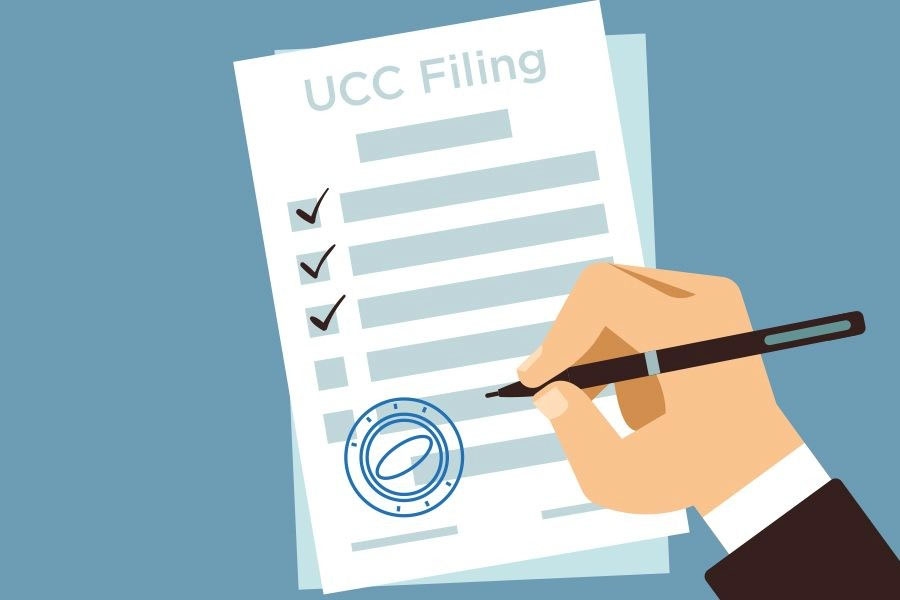For small and medium-sized businesses alike, securing lending over the short term can put pressure on your early cash flow and limit the amount of money you can affordably borrow. Long term business loans are designed to provide your business with the capital needed to grow as part of a long term borrowing strategy. Whether you are looking to upgrade essential equipment, grow your workforce, or simply need a helping hand with your business’s day-to-day running costs, a long-term business finance agreement can assist you in realizing your ambitions.
An outlook on the purpose of long-term loans
Business acquisitions
A business owner would rarely seek short-term funding to buy a business. Most, if not almost all, business acquisitions are handled using long-term funding, whether it be alternative or traditional. The most common types of financing for business acquisitions are conventional bank business loans (provided by traditional lenders such as small and large banks, community lenders, SBA lenders, credit unions, and non-profit business lenders). Still, they are also provided by some private business lenders and non-bank lenders.
Commercial real estate purchase
Suppose you are a business looking to buy your commercial real estate. In that case, you typically want to get terms and amortization schedules that are as long as possible, since you do not wish to absorb the total of financing over a very short duration. Thus, most commercial real estate purchases have terms that range between five to thirty years (based on the lender). That does not mean there are no short-term options to buy your commercial real estate, but those types of loans are often used to bridge to a commercial mortgage or longer-term funding facility.
Commercial real estate refinance
After a company attains commercial real estate to use for business or investment purposes, it is common to start the process to find a longer-term facility to help decrease the strain of debt payments. The fact is, by extending the term of the mortgage of the loan, you will lower the monthly payments linked with the payback. By reducing those payments amounts, it helps a business with cash-flow that can be used elsewhere with business operations.
Long-term working capital
Just about every company requires some kind of capital infusion at some point. The key is finding the most cost-effective capital so that you are not stuck using vital profits to repay the cost of borrowing money. Thus, for many companies, getting the longest-term working capital is critical to increasing their financial situations.
Construction loans and built-out
Not every business has free-cash-flow that allows them to construct new facilities or even build-out current buildings. Those who seek funding to help with the expansion of their business facilities will seek a mortgage or longest-term loan because while they spend money constructing the buildings, they will not be bringing in extra revenue until after the project is completed. Thus, getting the longest-term possible is vital towards making sure the expansion is worth it.
Long-term equipment purchases and leases
Obtaining beneficial and up-to-date machinery and equipment might be essential to ensure your company is competitive and offers the top services. Often, upgrading your company’s equipment can help lower costs over time and increase efficiency. However, the equipment cost will not be worth it if you are spending more on debt payments to obtain the machinery than you are attaining in profits. Getting a lease or long-term equipment loan to make sure you maximize the benefits.
To hire or recruit new talented employees
When starting a startup or running a minuscule company, the term ‘multitasking’ will take on a whole new meaning. You will reach a moment where you realize that expanding your website, dealing with clients, trying to put yourself on the map, and bookkeeping can become overwhelming. This will undoubtedly take a toll not only you but also on the business.
If you or your staff are juggling too many things, it eliminates work quality and focus. A business model overhaul is definitely in order; investing in talented individuals will undoubtedly lead to an increase in revenue and help build the core foundations of your business. What is more, is you will amass extra time to focus on the ‘bigger picture’ – that alone may be a solid reason to need a long term business loan option, and there are plenty of them to be found.
To move your company to another location
Your business might have been doing well enough at your current location; however, as they say, the grass is always greener on the other side. Typically, the demographics of your original location may have changed enough that there are better prospects elsewhere. Obviously, that comes with many expenses, including hiring movers, the cost of a new location, the paperwork entailed in the shift, and so on. That is where business loans can truly come in handy.
Debt restructuring
If you need to restructure your business’s debt, a long term business loan that consolidates your borrowings and lowers costs can make your finances more manageable for your business. A long-term loan to restructure your existing debt can make financial planning simpler by reducing the number of monthly repayments you have to keep track of, and could potentially lower your total monthly repayments. Refinancing your existing company debt can help your company grow by freeing up cash in your business for working capital and expansion.
Companies may need to pay for several types of business insurance
Liability insurance, employee insurance, and property insurance are some of the types of insurance businesses must buy. You might need a long-term loan for business insurance as well as a loan for business health insurance.
How does long term business finance work?
Long term business loans enable businesses of all sizes to borrow capital over an extended number of years to keep repayments affordable and fit in with your projected growth and revenue. As with traditional business loans, a large sum is transferred directly to your business bank account once you have been approved. These are available on both a non-secured and secured basis, providing you plenty of flexibility when it comes to using assets as collateral. Select from both fixed and variable rates of interest to secure the best possible deal for your business. With fixed rates, you will know exactly what you will need to repay every month, while a variable rate will track a common national interest rate.
Why do businesses prefer long-term loans?
As mentioned earlier, long-term funding is often used to buy major assets like buildings, equipment, and the assets often serve as collateral on loan. Despite some risks, long-term loans are a common source of funding for businesses due to the following:
Equity retention
Debt is an alternative to equity funding as a long-term source of capital funds for business growth. When it comes to equity financing, you take funds from investors in exchange for partial ownership of the company. Business founders and owners usually prefer to retain ownership and control of the business, which is possible with long-term business financing. While you must repay the loan with interest, you do not give up any ownership or control to the bank.
Low Interest
Long term business loans secured by assets typically have a low cost of borrowing. This is mainly true when the central bank, the Federal Reserve, maintains low borrowing rates to support business growth. An added benefit, together with relatively low financing costs, is that interest paid on assets obtained for the business is typically tax-deductible. This further lowers your total cost of borrowing with long-term debt.
Growth
A long-term business loan is typically tied to operational and infrastructure growth for the business. If you use a loan to get a building or major asset, you have something tangible value to sell if you struggle to repay the debt. With short-term funding, money is usually used to cover inventory costs and other short-term supply needs. After these items are used up, they have no long-term value in the operation of the business.
Stability
Compared to equity investment and short-term credit accounts with suppliers, a long-term business loan is usually structured and stable over time. The timing and format of payments and the interest rate usually remain constant over the loan repayment life. Suppliers might change terms and rates on your account frequently. With equity funding, you have to consider investors’ interests and maintain records of income distributions and shareholders.
A long term business loan can be a clever and affordable way to fund large expenses. Nevertheless, to get the most out of this type of financing, it is essential to do your research to find the best terms and lowest interest rates. Evaluate why you need the loan and the return on investment, then find the lending institution that offers a loan that best fits your needs.












